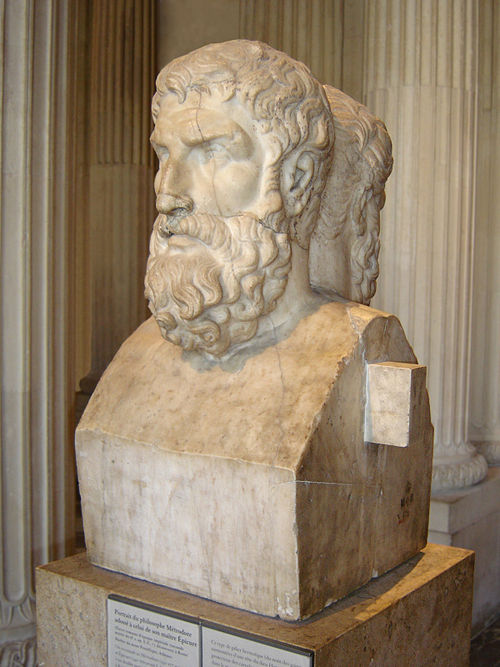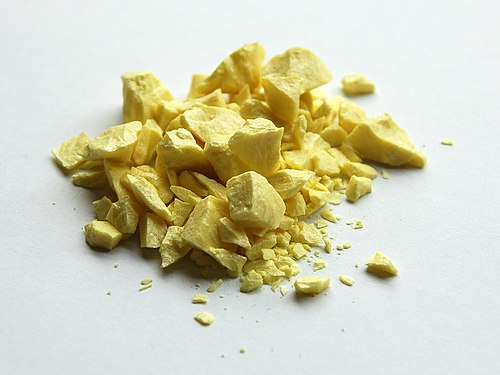Alchemynoun
(uncountable) The ancient search for a universal panacea, and of the philosopher's stone, that eventually developed into chemistry.
Alchemynoun
(countable) The causing of any sort of mysterious sudden transmutation.
Alchemynoun
Any elaborate transformation process or algorithm.
Alchemynoun
An imaginary art which aimed to transmute the baser metals into gold, to find the panacea, or universal remedy for diseases, etc. It led the way to modern chemistry.
Alchemynoun
A mixed metal composed mainly of brass, formerly used for various utensils; hence, a trumpet.
Alchemynoun
Miraculous power of transmuting something common into something precious.
Alchemynoun
a pseudoscientific forerunner of chemistry in medieval times
Alchemynoun
the way two individuals relate to each other;
Alchemynoun
the medieval forerunner of chemistry, concerned with the transmutation of matter, in particular with attempts to convert base metals into gold or find a universal elixir
Alchemynoun
a seemingly magical process of transformation, creation, or combination
Alchemy
Alchemy (from Arabic: al-kīmiyā; from Ancient Greek: khumeía) is an ancient branch of natural philosophy, a philosophical and protoscientific tradition that was historically practiced in China, India, the Muslim world, and Europe. In its Western form, alchemy is first attested in a number of pseudepigraphical texts written in Greco-Roman Egypt during the first few centuries CE.Alchemists attempted to purify, mature, and perfect certain materials.
Chemistrynoun
(uncountable) The branch of natural science that deals with the composition and constitution of substances and the changes that they undergo as a consequence of alterations in the constitution of their molecules.
Chemistrynoun
(countable) An application of chemical theory and method to a particular substance.
Chemistrynoun
(informal) The mutual attraction between two people; rapport.
Chemistrynoun
That branch of science which treats of the composition of substances, and of the changes which they undergo in consequence of alterations in the constitution of the molecules, which depend upon variations of the number, kind, or mode of arrangement, of the constituent atoms. These atoms are not assumed to be indivisible, but merely the finest grade of subdivision hitherto attained. Chemistry deals with the changes in the composition and constitution of molecules. See Atom, Molecule.
Chemistrynoun
An application of chemical theory and method to the consideration of some particular subject; as, the chemistry of iron; the chemistry of indigo.
Chemistrynoun
A treatise on chemistry.
Chemistrynoun
the science of matter; the branch of the natural sciences dealing with the composition of substances and their properties and reactions
Chemistrynoun
the way two individuals relate to each other;
Chemistry
Chemistry is the scientific study of the properties and behavior of matter. It is a natural science that covers the elements that make up matter to the compounds composed of atoms, molecules and ions: their composition, structure, properties, behavior and the changes they undergo during a reaction with other substances.In the scope of its subject, chemistry occupies an intermediate position between physics and biology.

























